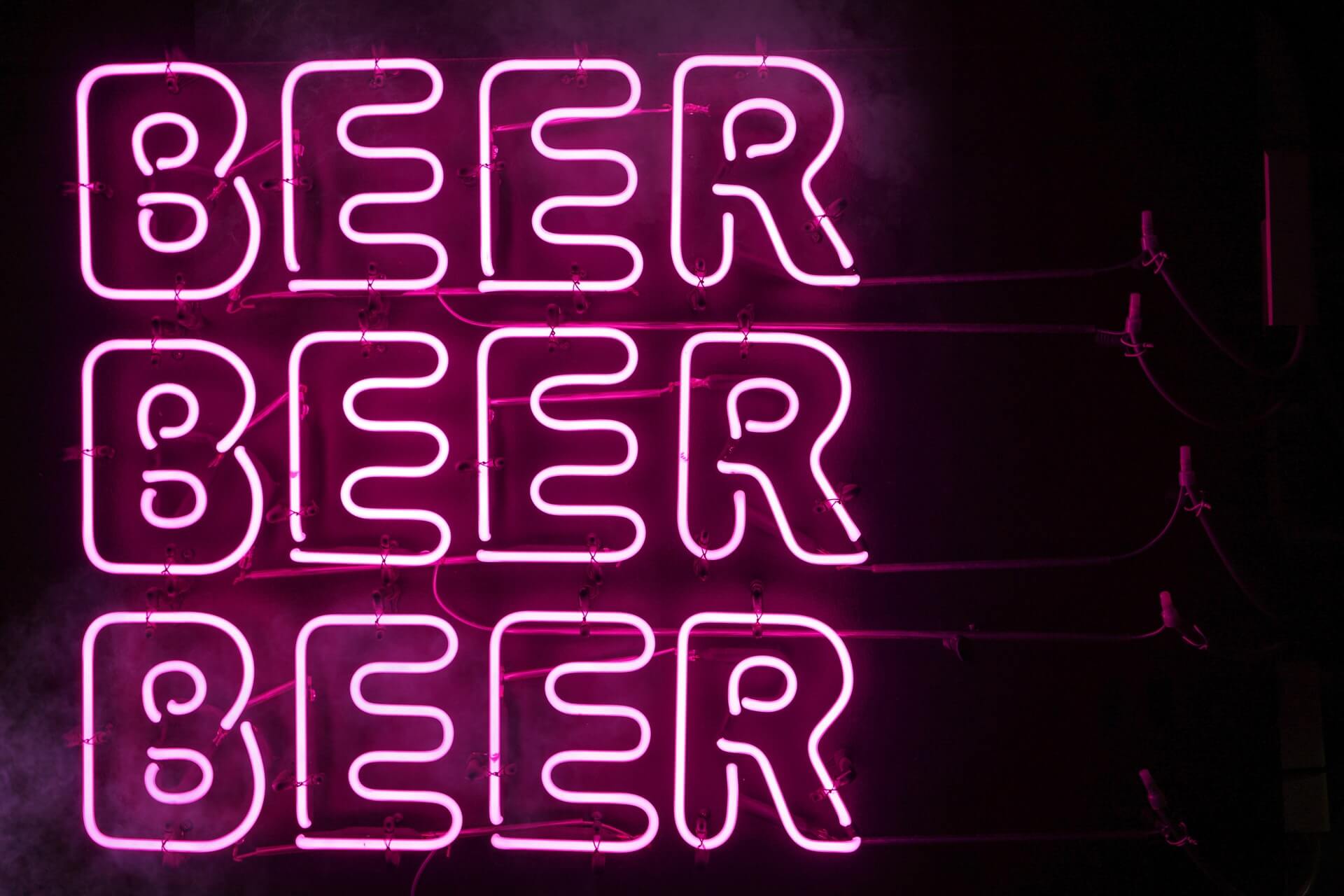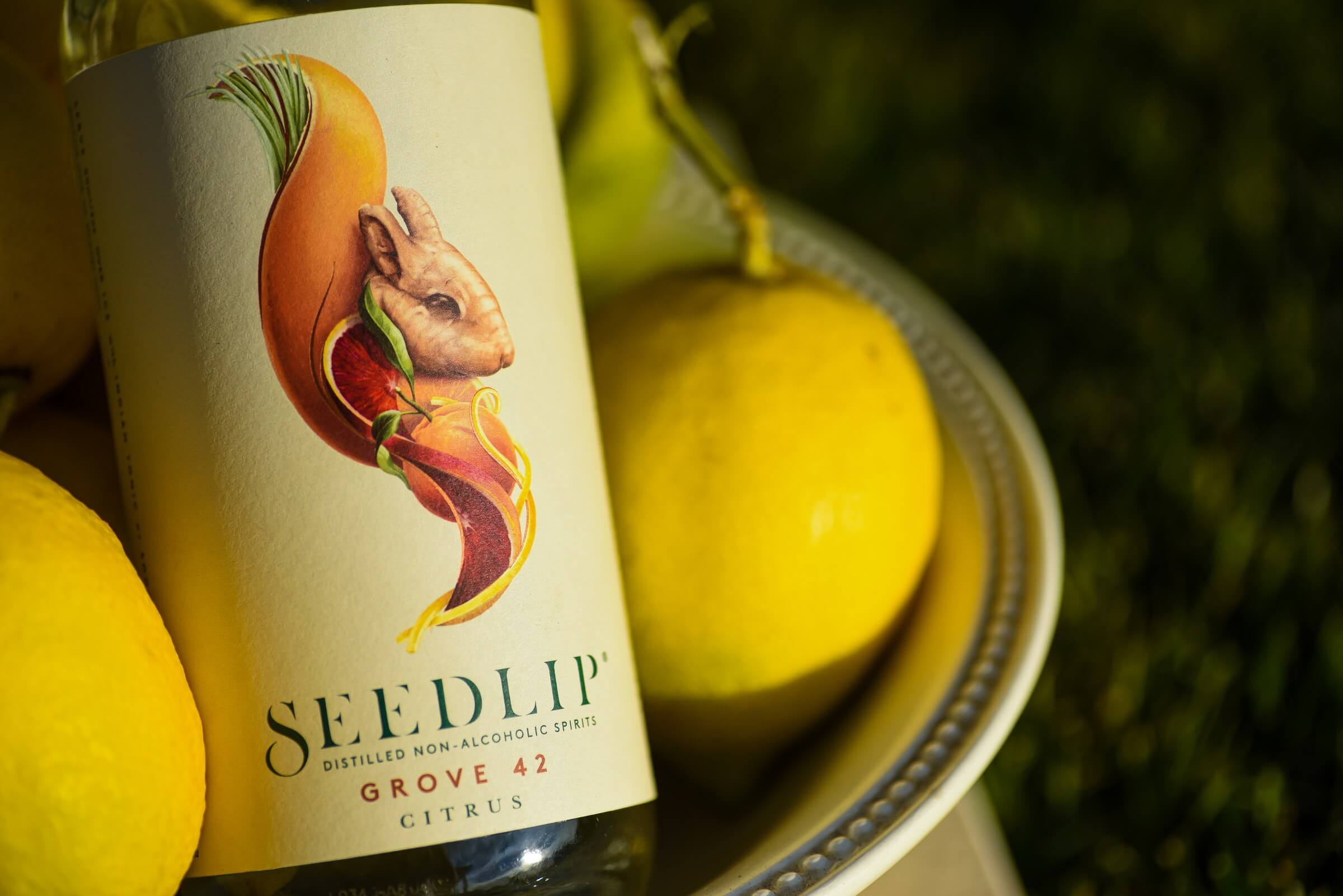0.0 to 0.5 Beers to Know for Dry January and Beyond
by David Klemt

As consumers become more conscious of their drinking habits, alcohol-free beer options are becoming more appealing.
Interest in NA beers grows during Dry January, but shifting consumer habits show that it’s wise to offer alcohol-free options year-round.
Putting both quality non-alcohol and true-zero beers on your menu as part of everyday operations is just good business. Doing so makes guests who have given up alcohol permanently or temporarily will feel included and they’ll remember that your business offered them a complete and enjoyable experience.
Below are several options that will help you develop the NA portion of your menu thoughtfully, split into two categories: 0.5 or lower and true zero.
0.5 or Lower Beers
Mikkeller: The world-famous, revered Danish brewer prepared for Dry January by curating a bundle of five 0.0 to 0.3 beers. Mikkeller Limbo Riesling and Drink’in the Sun are 0.3, and Kinder Series Xtra Grapefruit, Weird Weather and Limbo Raspberry complete the five-pack.
BrewDog: The manifesto for this awesome brewer states that BrewDog is “determined to make a stand for independence, a stand for quality and stand for craft.” This extends to their alcohol-free beers. There are six BrewDog alcohol-free beers, one of which, Ghost Walker, is a collaboration with metal band Lamb of God.
Partake Brewing: Founder and CEO Ted Fleming created Partake Brewing in response to the lack of quality, drinkable alcohol-free beers on the market. Fleming gave up alcohol more than ten years ago but missed drinking a good beer. The Canadian craft brewer has been making inroads into the United States, providing Americans with a high-quality NA beer choice. There are five styles in the Partake Brewing portfolio: Blonde, Pale, IPA, Red, and Stout.
Athletic Brewing Co.: Bill Shufelt, the founder of Athletic Brewing, explains on the Connecticut company’s website that he chose to lead an alcohol-free lifestyle but still enjoyed going out to bars and restaurants. What he didn’t enjoy were the subpar alcohol-free beers that were the only options at most places he visited. So, he filled that void with Athletic Brewing, which currently offers six non-alcohol brews.
Surreal Brewing Company: Husband and wife team Tammer Zein-El-Abedein and Donna Hockey, who live an alcohol-free lifestyle, felt excluded by the lack of quality beer choices available. So, they did something about it: they created their own craft NA beer company operating in California. There are currently seven brews in the Surreal Brewing Company portfolio: Natural Bridges Kolsch, Creatives IPA, Juicy Mavs Hazy IPA, Milkshake IPA, Chandelier Red IPA, 17 Mile Porter, and Pastry Porter.
WellBeing Brewing: This Missouri-based brewer has a singular focus—brewing craft alcohol-free beer. Founder Jeff Stevens, similar to other founders and CEOs of brewers who gave up drinking alcohol, still liked going out to bars and live-music venues. He also ran into a similar problem: NA beers that didn’t offer an enjoyable experience. WellBeing Brewing currently offers five non-alcohol beers, three of which are vegan and therefore work for Veganuary: Heavenly Body Golden Wheat, Hellraiser Dark Amber, and WellBeing Victory Wheat Sports Brew (with electrolytes). Intentional IPA and Intrepid Traveler Coffee Cream Stout round out the portfolio.
Clausthaler: German brewer Clausthaler claims the title of most-awarded non-alcohol beer brewer. Clausthaler offers five alcohol-free options that taste, smell and look like beer: Original, Unfiltered, Dry Hopped, Lemon, and Grapefruit.
Lagunitas IPNA: A 0.5 beer, Lagunitas IPNA is brewed with Citra, Mosaic & CTZ (Columbus, Tomahawk, Zeus) hops so the alcohol-free offering is still as hoppy and full-bodied as its traditional counterparts.
Coors: Launched toward the end of 2019, Coors Edge replaced Coors Non-alcoholic and is intended to taste like Coors Banquet.
0.0 Beers
Budweiser 0.0: Brewed with two-row and six-row barley malt, Budweiser Zero achieves true zero-alcohol status and weighs in at just 50 calories and 11.5 grams of carbs.
Heineken 0.0: It took years, according to Heineken, to get the recipe for Heineken 0.0 just right, which uses the brewer’s famous A-Yeast.
Bitburger Drive: A completely alcohol-free brew from a brewer that adheres German Beer Purity Laws, Bitburger Drive is 0.0 pilsner.
Image: Alex Knight from Pexels

